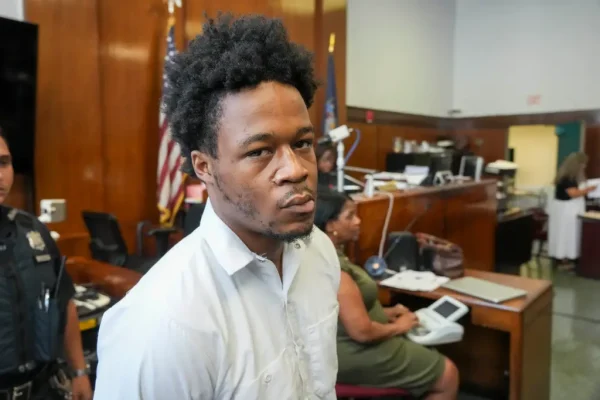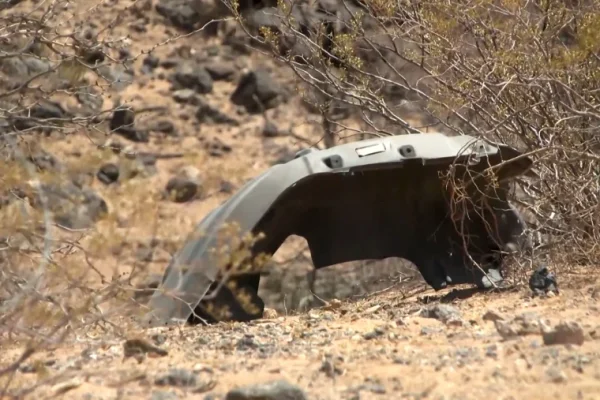Diversity Speaker Pickett Offers Insight to College Athletes
“The team is my Fraternity!”
This is what was said by Clyde Wilson Pickett for “Strategies of Surviving The Game.”
Pickett is a Louisville, Kentucky Native. When he attended the University of Kentucky, he majored in Agricultural Economics and is currently an educator at the Community College of Allegheny County. The aforementioned quote was said by one of Pickett’s coaches while he was in college, which meant that he couldn’t do extra-curricular activities or join a fraternity because his sport was the fraternity. He compared the life of an athlete to a conveyor belt which is very true. Athletes are stuck on one path, and that’s their sport. They don’t get the chance to be a normal student and participate in internships, attend performances, do community service, etc. They miss out on a lot due to their primary goal which is to become a Pro in their sport.
Pickett mentioned that when college athletes are asked “What do you want to be, what do you want to do?” Their most common answer is “I’m here to go to the league.” Pickett says that this is one of the worst reasons as to why college athletes became college athletes. He says it’s nothing wrong with dreaming big but it’s not very likely that every college athlete to makes it to the pro’s. For example only 44 college students and/or graduates are brought into the National Basketball Association (NBA) and only 33 are drafted for the National Hockey League (NHL) each year.
Even if a college athlete makes a career of their sport, what happens after they retire or get injured? The average age of a rookie ranges from 20-24. And the professional career of an athlete only lasts for 3-7 years. He also mentioned how most athletes fall into what he calls A.C.T.S. (Athletic Career Terminator Stress). He says; “At the end of the day, or at the end of it all, our careers are going to end as athletes….you’re gonna hang up your sneakers, your sticks, gloves, baseball, or whatever, at some point it’s all over. There’s stress that’s connected with that, if your entire development as a young person was determined by your involvement in athletics and it’s over, what does that leave for you?”
Most athletes have dreams of becoming a professional at their sport. But what happens if you’re not drafted into the pros and that last buzzer rings on your last college game, what do you do? You have to have a back- up plan, and not just depend on your sport to get you ahead in life. Overall, Pickett’s main point was not to put college athletes down, put to help make them think realistically about their futures, be smart, and always have a backup plan.







